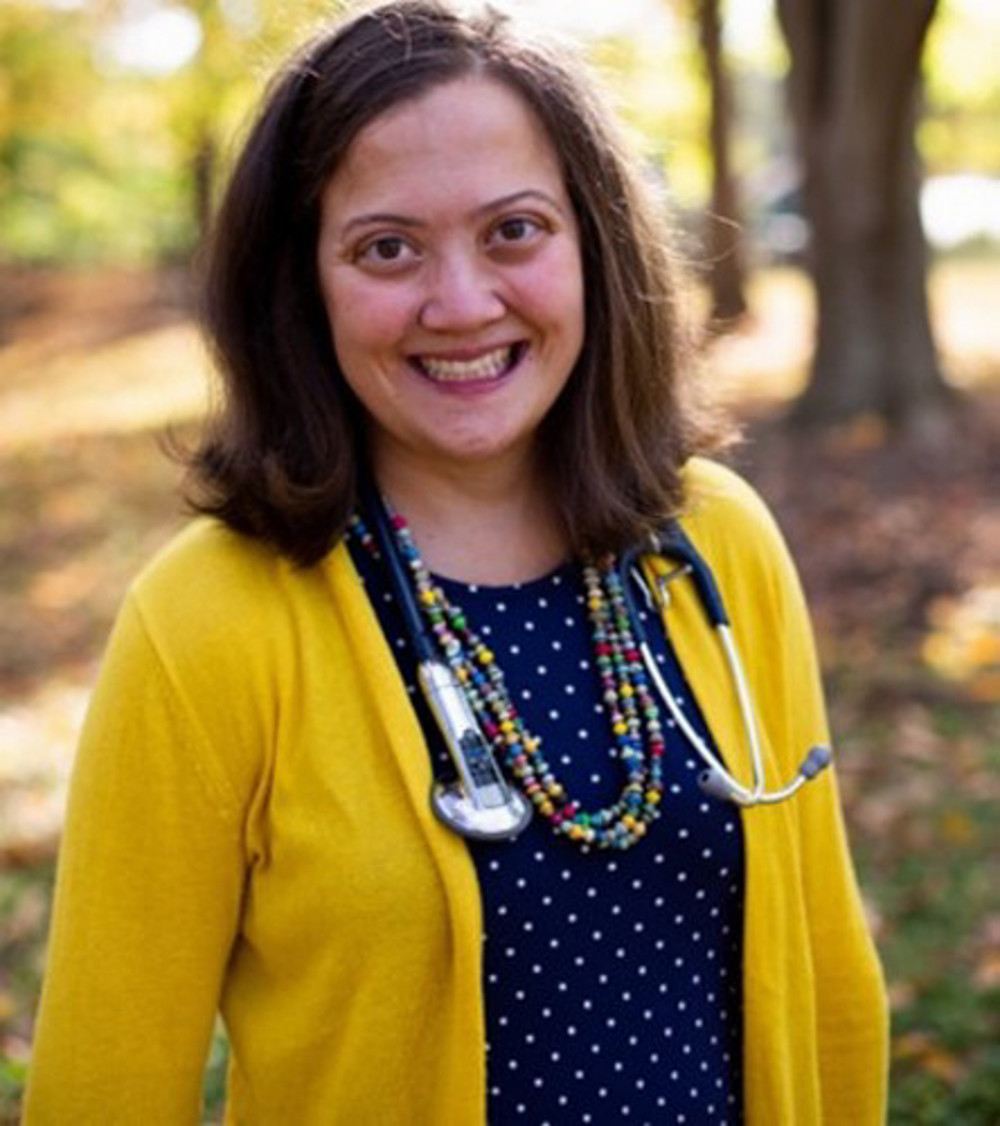Collaborating Center for Maternal-Infant Health (CCMIH)
Vision: In collaboration with families, front-line health care providers, government, academic, and community partners, the CCMIH's vision is working toward optimal maternal, infant health outcomes for every family in Georgia and in global partner communities through collaboration, advocacy, bidirectional research, and education.
Mission: Collaborating to equip caregivers, medical providers, government, academic, and community partners with resources to address disparities in maternal and infant health in Georgia and in global partner communities.
Collaborating Center for Maternal-Infant Health Activities
- Collaboration: The Center will be a maternal-infant outcomes and data to action research and advocacy hub for Emory, Emory affiliated Global Health programs, the wider Atlanta community, and the state of Georgia. Bringing together researchers, health care practitioners, students from across schools and backgrounds participating in maternal-infant research or advocacy to facilitate collaboration, share resources, reduce duplication and to provide better education and mentorship for students and junior faculty. Initially, the team hopes to do a survey across the wider university to identify maternal infant researchers and on-going activities across schools and assess needs and resources.
- Advocacy: The Center will continue its strong research and implementation science work with the Georgia Department of Public Health and the Center for Disease Control to promote local capacity to employ data systems and continuous quality improvement to monitor both maternal and infant health disparities and the impacts of interventions deployed to address them. The global work of the center will focus on Emory priority sites especially Ethiopia and Tanzania, which both have active maternal and infant health research work. The center hopes to provide consultation, collaboration with these existing partnerships when partners identify gaps in maternal and infant care.
- Research: The Center will continue to facilitate and mentor high quality bidirectional research in Georgia and with global partners. The center also hopes to provide research training to community partners, families in Georgia and with global sites to increase research capacity for community participatory research and co-production.
- Education: Providing mentorship and capacity building in maternal-infant dyad research and advocacy across the university, in Georgia and at global partner sites. Subsequent steps may include a database of ongoing projects and scholars, research working groups or cross talks, journal club and maternal-infant research conferences or workshops.




